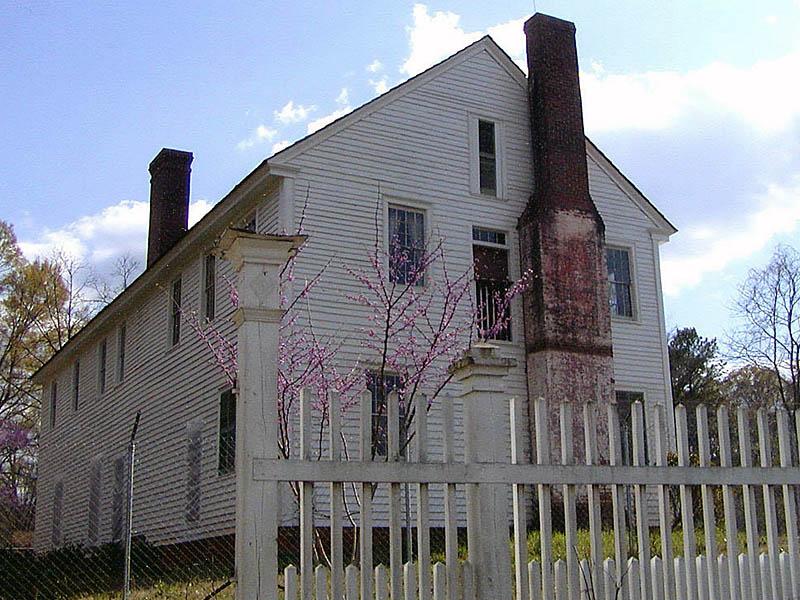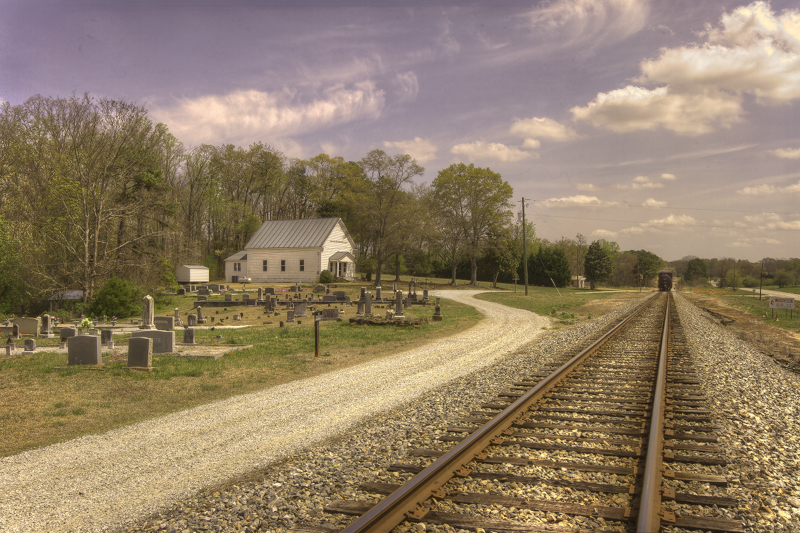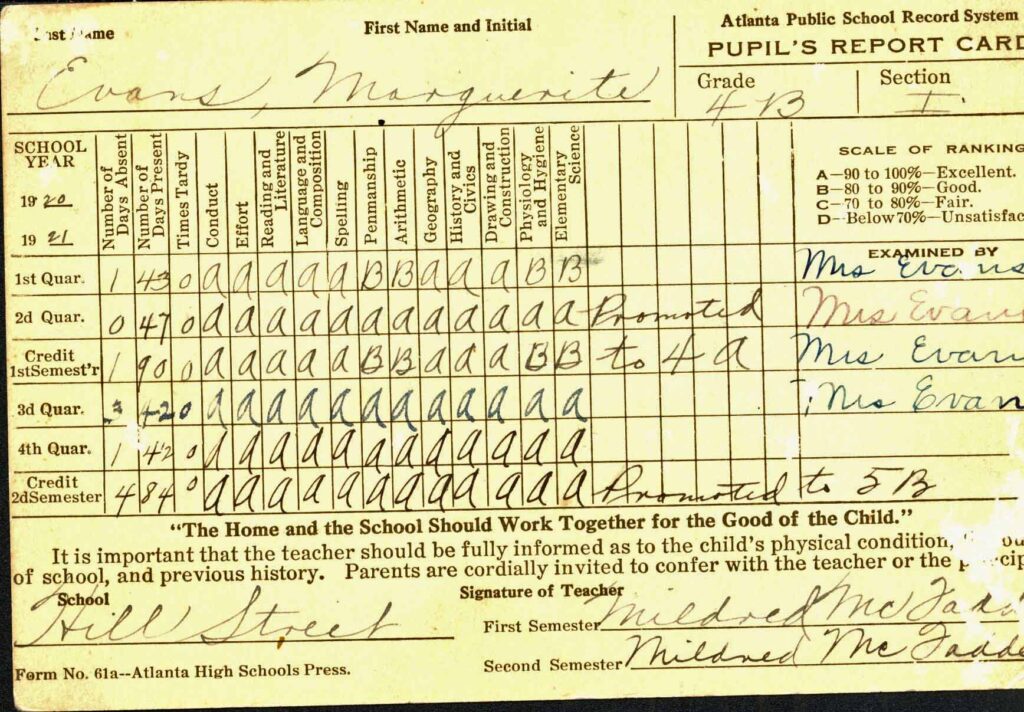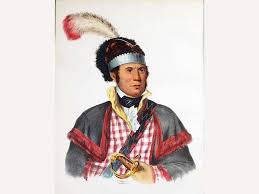Online Images of Butts County Wills, Estates, Marriages
Find your Ancestors in the Georgia Bible Records You cannot find One ancestor without finding Two

Images of Last Wills and Testaments 1821 to 1841
Names of Testators: Atkinson, Arthur, Barkley, John, Barron, John, Blessell, Elisha, Blessell, Elisha, continued, Flewellen, Louiza, Heard, Stephen, Holly, Jacob, Knight, Walter, Lawson, Adam, Lindsey, Samuel, Malone, John, Messer, Isabel, Patrick, John, Reynolds, Thomas, Rhodes, William, Smith, John, Spear, orphans, Spears, Joseph, Stark, Samuel, Taylor, George, Taylor, John, Taylor, Joseph, Waldrip, Abraham, Walker, James, Wooten, James
Online Images of Wills and Estates 1845 to 1855
Names of Testators: Allison, William, Andrews, John, Atkinson, Cornelius, Berry, David, Dillon, Henry , Fielder, Joseph , Grier, Robert, Harrison, Benjamin, Lee, Harvey , Lofton, John, McGuire, Abin , Newton, Olive, Preston, John , Still, Bartholomew
Online Images of Wills and Estates 1849 to 1857
Names of Testators: Andrews, John, Atkinson, Cornelius, Allison, William, Bailey, Charles, Bankston, Olive, Camp, James, Cargile, John, Conger, Eli, Curry, Harriet, Dillion, Henry, Douglas, Robert, Douglas, Sarah, Fielder, Joseph, Gray, James, Greer, James, Hammond, W. J., Harrison, Elizabeth, Humber, Robert, James, John, Jarrell, William, Jinks, Joseph, King (minors), Lacy, Thomas, Lofton, John, McClure, James, McCord, Sarah, McCUne, Cornelius, McCune, James, McDaniel, John, McGuire, Abiah, Meridith, Elizabeth, Moore, Willis, Newton, Oliver, Nolen, Richard, Redman, William, Reeves, Green, Slaton, Mandane, Smith, David, Spencer, Thomas, Staton, H. P., Slaton, Samuel, White, Robert, Woodward, Aaron
Indexes to Probate Records
- Will Book A (1850 to 1896)
- Will Book B (1897 to 1948)
- Wills, Appraisements, Sales, Annual Returns 1826 to 1841.
- Appraisements, Sales, Annual Returns 1836-1845
- Wills and Annual Returns 1845 to 1851
- Wills, Appraisements, Annual Returns 1849 to 1857.
- Annual Returns and Vouchers 1852 to 1855
- Sales and Appraisements 1852 to 1874.
- Annual Returns and Vouchers 1864 to 1888
- Annual Returns and Vouchers 1889 to 1901
- Annual Returns and Vouchers 1896 to 1901
Marriages
- 1827 to 1870
- General Index 1876 to 1896
Tax Digests
- 1831
Finding Old Church Records

The Students of an 1895 8th Grade Class Were Smarter than Today

Grammar (Time, one hour)
- Give nine rules for the use of Capital Letters.
- Name the Parts of Speech and define those that have no modifications.
- Define Verse, Stanza, and Paragraph.
- What are the Principal Parts of a verb? Give Principal Parts of doing, lie, lay and run.
- Define Case, Illustrate each Case.
- What is Punctuation? Give rules for principal marks of Punctuation.
- Write a composition of about 150 words and show therein that you understand the practical use of the rules of grammar.
Arithmetic (Time, 1.25 hours)
- Name and define the Fundamental Rules of Arithmetic.
- A wagon box is 2 ft. deep, 10 feet long, and 3 ft. wide. How many bushels of wheat will it hold?
- If a load of wheat weighs 3942 lbs., what is it worth at 50cts. per bu, deducting 1050 lbs. for tare?
- District No. 33 has a valuation of $35,000. What is the necessary levy to carry on a school for seven months at $50 per month, and have $104 for incidentals?
- Find the cost of 6720 lbs. coal at $6.00 per ton.
- Find the interest of $512.60 for 8 months and 18 days at 7 percent.
- What are the cost of 40 boards 12 inches wide and 16 ft. long at $.20 per inch?
- Find bank discount on $300 for 90 days (no grace) at 10 percent.
- What is the cost of a square farm at $15 per acre, the distance around which is 640 rods?
- Write a Bank Check, a Promissory Note, and a Receipt.
U.S. History (Time, 45 minutes)
- Give the epochs into which U.S. History is divided.
- Give an account of the discovery of America by Columbus.
- Relate the causes and results of the Revolutionary War.
- Show the territorial growth of the United States.
- Tell what you can of the history of Kansas.
- Describe three of the most prominent battles of the Rebellion.
- Who were the following: Morse, Whitney, Fulton, Bell, Lincoln, Penn, and Howe?
- Name events connected with the following dates: 1607, 1620, 1800, 1849, and 1865?
Orthography (Time, one hour)
- What is meant by the following: Alphabet, phonetic orthography, etymology, syllabication?
- What are elementary sounds? How classified?
- What are the following, and give examples of each: Trigraph, sub vocals, diphthong, cognate letters, linguals?
- Give four substitutes for caret ‘u’.
- Give two rules for spelling words with the final ‘e’. Name two exceptions under each rule.
- Give two uses of silent letters in spelling. Illustrate each.
- Define the following prefixes and use in connection with a word: Bi, dis, mis, pre, semi, post, non, inter, mono, super.
- Mark diacritically and divide into syllables the following, and name the sign that indicates the sound: Card, ball, mercy, sir, odd, cell, rise, blood, fare, last.
- Use the following correctly in sentences, Cite, site, sight, fane, fain, feign, vane, vain, vein, raze, raise, rays.
- Write 10 words frequently mispronounced and indicate pronunciation by use of diacritical marks and by syllabication.
Geography (Time, one hour)
- What is climate? Upon what does climate depend?
- How do you account for the extremes of climate in Kansas?
- Of what use are rivers? Of what use is the ocean?
- Describe the mountains of N.A.
- Name and describe the following: Monrovia, Odessa, Denver, Manitoba, Hecla, Yukon, St. Helena, Juan Fernandez, Aspinwall, and the Orinoco.
- Name and locate the principal trade centers of the U.S.
- Name all the republics of Europe and give the capital of each.
- Why is the Atlantic Coast colder than the Pacific in the same latitude?
- Describe the process by which the water of the ocean returns to the sources of rivers.
- Describe the movements of the earth. Give inclination of the earth.
When the Creeks were Removed from Georgia

Tales of Genealogy Woe
Genealogy Tips by Jeannette Holland Austin
